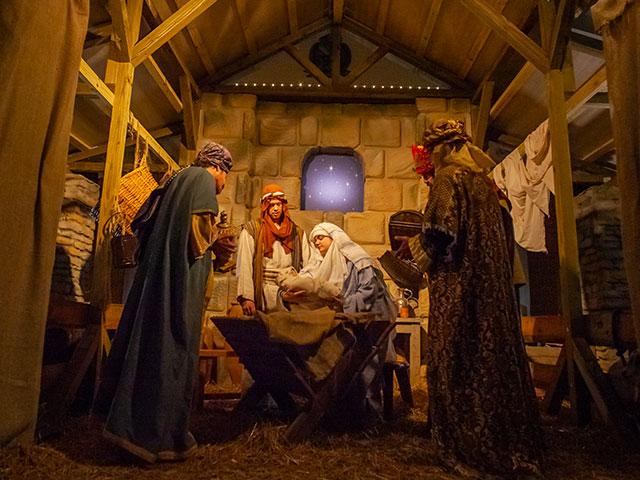From: Our Daily Journey

Read:
Genesis 11:31–12:9
It was by faith that Abraham obeyed when God called him to leave home and go to another land that God would give him as his inheritance (Hebrews 11:8).
It was by faith that Abraham obeyed when God called him to leave home and go to another land that God would give him as his inheritance (Hebrews 11:8).
The Lord of the Rings trilogy tells the tale of nine companions who set off for Mordor with the goal of destroying the Dark Lord Sauron’s ring. Frodo, the story’s central character, struggled with the call to leave his familiar home in the Shire and embark on a journey fraught with danger. But Frodo bravely took on the assigned task, knowing that the quest was bigger than him and had far-reaching consequences for all of Middle Earth.
God’s story of saving this earth also began with a call that required a comfort zone departure for the good of all people. After the flood, God chose one family from Shem’s line, the family of Abram, to found a new people who would be His own. He called Abram, saying, “Leave your native country, your relatives, and your father’s family, and go to the land that I will show you. I will make you into a great nation. . . . All the families on earth will be blessed through you” (Genesis 12:1-3). Obediently, “Abram departed as the Lord had instructed . . . He took his wife, Sarai, his nephew Lot, and all his wealth . . . and headed for the land of Canaan” (Genesis 11:4-5).
In response, “the Lord appeared to Abram and said, ‘I will give this land to your descendants.’ And Abram built an altar there and dedicated it to the Lord, who had appeared to him” (Genesis 11:7).
Like Frodo, who was one of only two original companions to complete the journey and save Middle Earth, Abram (later Abraham) braved his fears and completed the journey to Canaan. Today, because of Abram’s obedience, we—and all nations—are still reaping the benefits of God’s blessing.
As we travel on in our various life journeys, may we finish well by being obedient to God—experiencing His bounty as we bless those around us.







